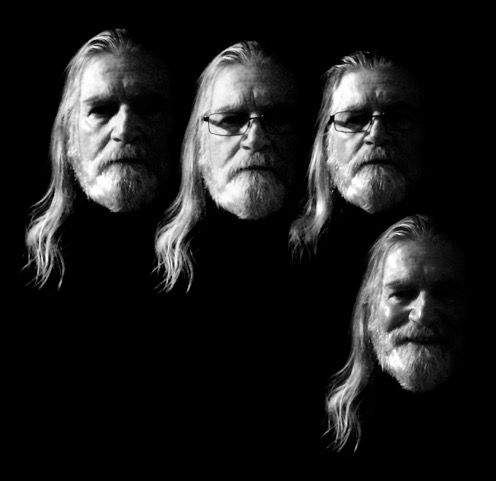Graham ReidBack to the IslandsWhen I was a wee boy, on Sunday mornings I’d climb into bed with my dad and he would tell me a story. It was always much the same story and, with me nudging him awake from time to time, he would spin a tale of a little boy named Robinson who ran away to sea. I was always that boy in my imaginings, and indeed when I was about seven I did try to run away to sea. The romance of Robinson, his travels to strange lands, the storms and the shipwreck grew inside me until one day I learned where this had all come from. I got a child’s version of Daniel Defoe’s Robinson Crusoe. I treasured that book and over time gravitated to literature about islands, passing through Treasure Island along the way and of course ending up back where I started with Defoe’s actual The Life and Strange Surprising Adventures of Robinson Crusoe of York, first published in 1719. It was tough going but as a teenager I devoured it, and then when at uni- versity studying English Literature I encountered it again in a more adult and academic way. New layers were revealed, here was the “economic man” who scorned the money he found on the shipwrecked vessel . . . but took it anyway. Then there was the problematic relationship with Friday, all the religious and political subtexts . . . What that book did was take me on an adventure into literature and the much Defoe, whose life to that point had been one of being pursued by bailiffs and political enemies for his pamphleteering, doubtless loved the idea of isolation from society. Robinson Crusoe got me into reading about Defoe’s life and times, his Journal of the Plague Y ear and more. And to Michel Tournier’s Friday, or, The Other Island which is a rather more clear-eyed retelling of the castaway tale. I still read “island literature” and even settle in for movie spin-offs like Tom Hanks’ Cast Away. Yes, it is escapism in a sense. But it is an escape into something rather than from the world. It is storytelling, childhood memories and voyages of digressive discovery through the power of pages and print. What more could anyone ask from a story or a book than it introduce us to other stories and offer us a lifetime of rewarding reading? |

Freelance writer Graham Reid is a former journalist who has written two award-winning travel books. He lectures at Auckland University School of Music and has a music column in the Listener. He hosts his own music, arts and travel website www.elsewhere.co.nz